Canadian psychological researchers are once again challenging the hard assumption that violent video games are linked to aggression. A new study published in the journal Psychology of Violence suggests that when players from different social groups and cultures play a video game cooperatively—even if the game is particularly violent—their experiences promote improved impressions and comraderie.
[text_ad]
Although the researchers make no claim to discredit previous studies that video games are associated with violence, they do offer some insight into how to better associate the two.
The Experiment
During the study, undergraduate students at Brock University in Canada were invited to play an online game of Call of Duty: Black Ops with teammates in other rooms. According to Psychology Today, the researchers then had some of the participants believe that they were playing the game against an American student from the University of Buffalo, whereas others were told they were playing with students from their own university.
Psychology Today reports that when Canadian undergrads were told they were paired with an American teammate, their experiences in the game “produced sizeable and significant decreases in prejudice toward both University of Buffalo students and Americans as a whole.”
“If allied American and British or Canadian forces are training together for an upcoming mission, cooperating in an online military training game before the mission may reduce intergroup bias and improve teamwork during the actual mission,” the researchers said in their study.
Reading Between the Lines
However impressive these results may appear, it is important to note the premise of the study when interpreting the results. The participants played with, and not against each other in the study.
“These findings are consistent with recent evidence that video game violence itself might not be entirely to blame for negative outcomes,” Psychology Today reports about the study. “Rather, it might be the context that is particulaly relevant (i.e. how the game is played). As we’ve seen here, playing cooperatively with another group, even in a violent setting, can exert positive effects on attitudes toward that cooperating group.”
Canadian Forces spokesman Maj. Andre Berdias confirmed with Canada.com that video games are indeed playing an increasing role in military training.

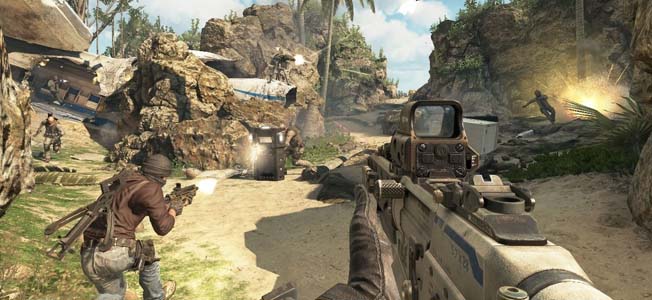
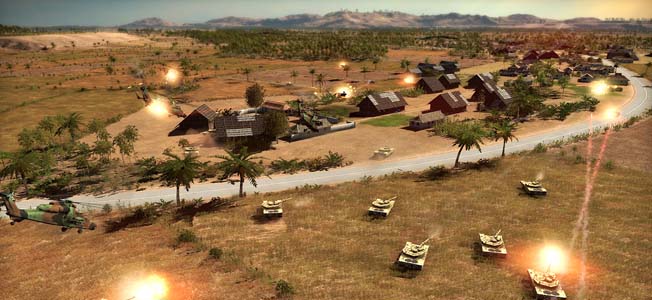


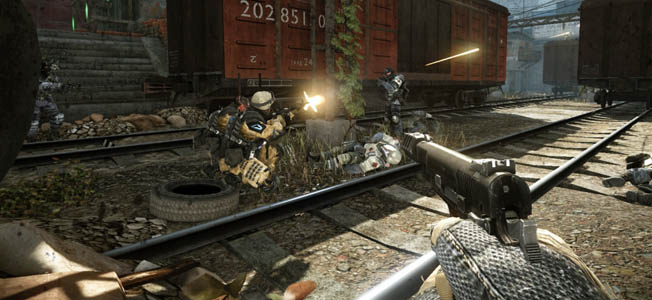
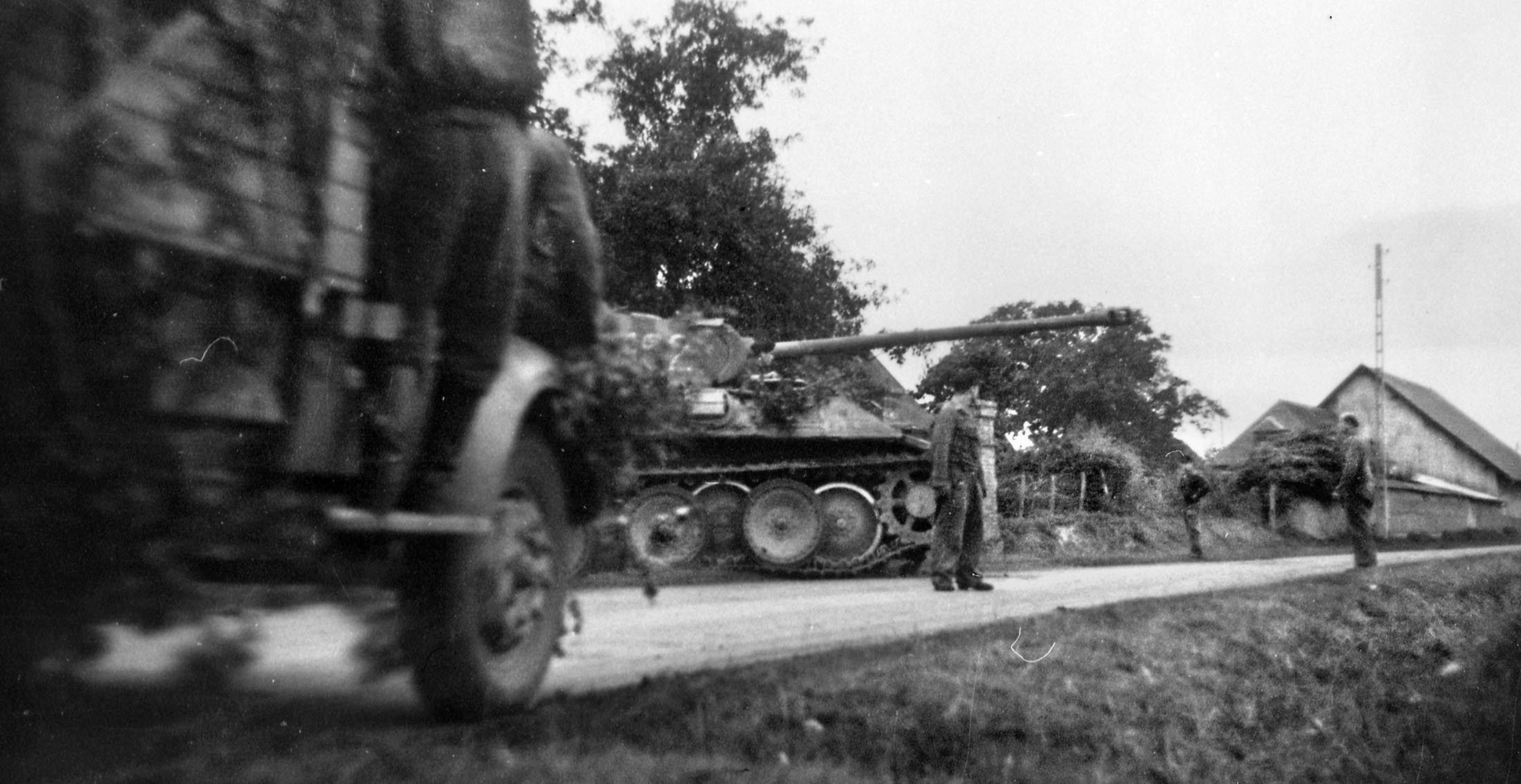
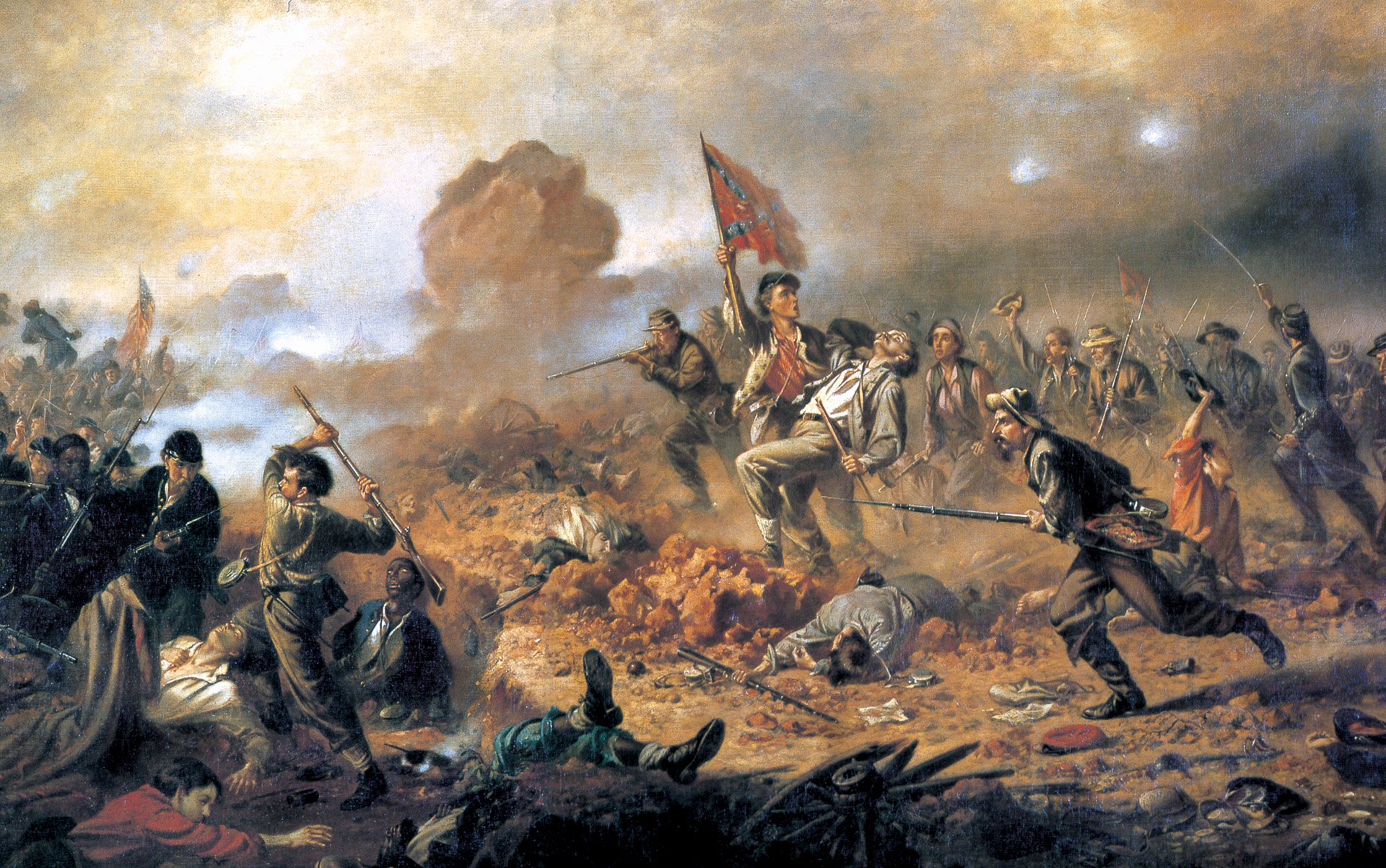
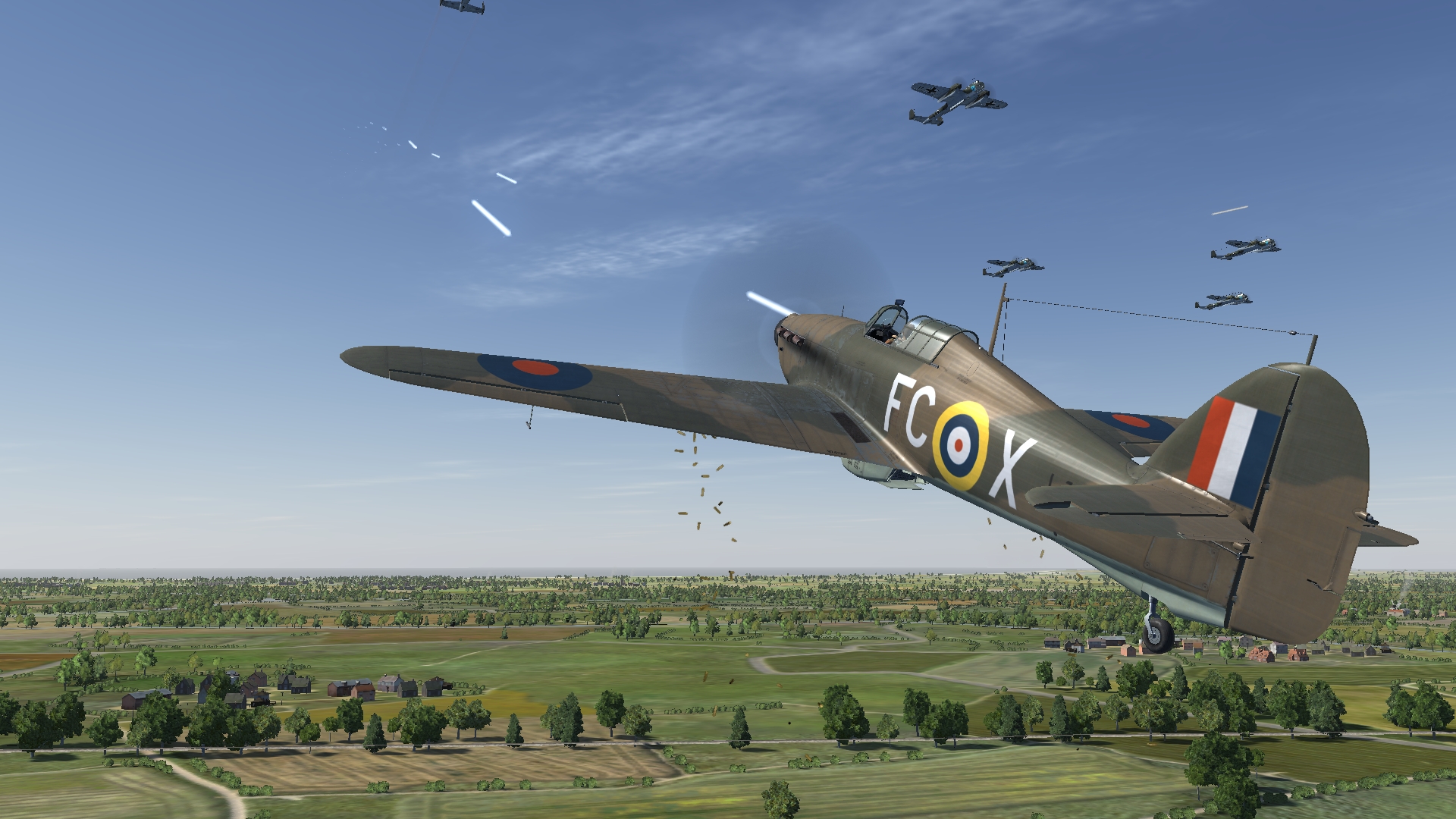

Join The Conversation
Comments
View All Comments